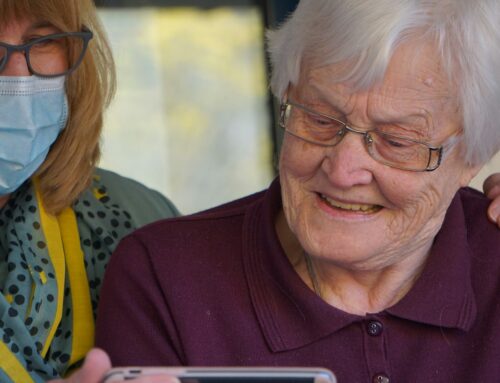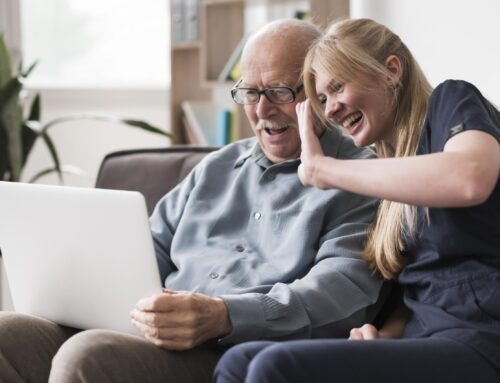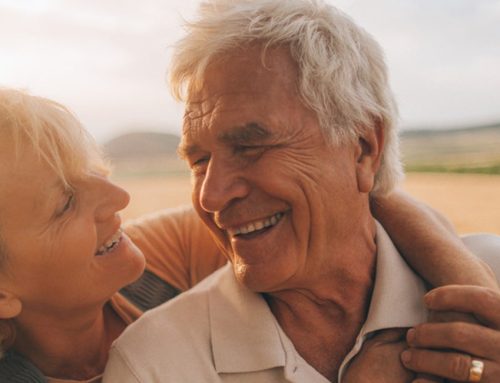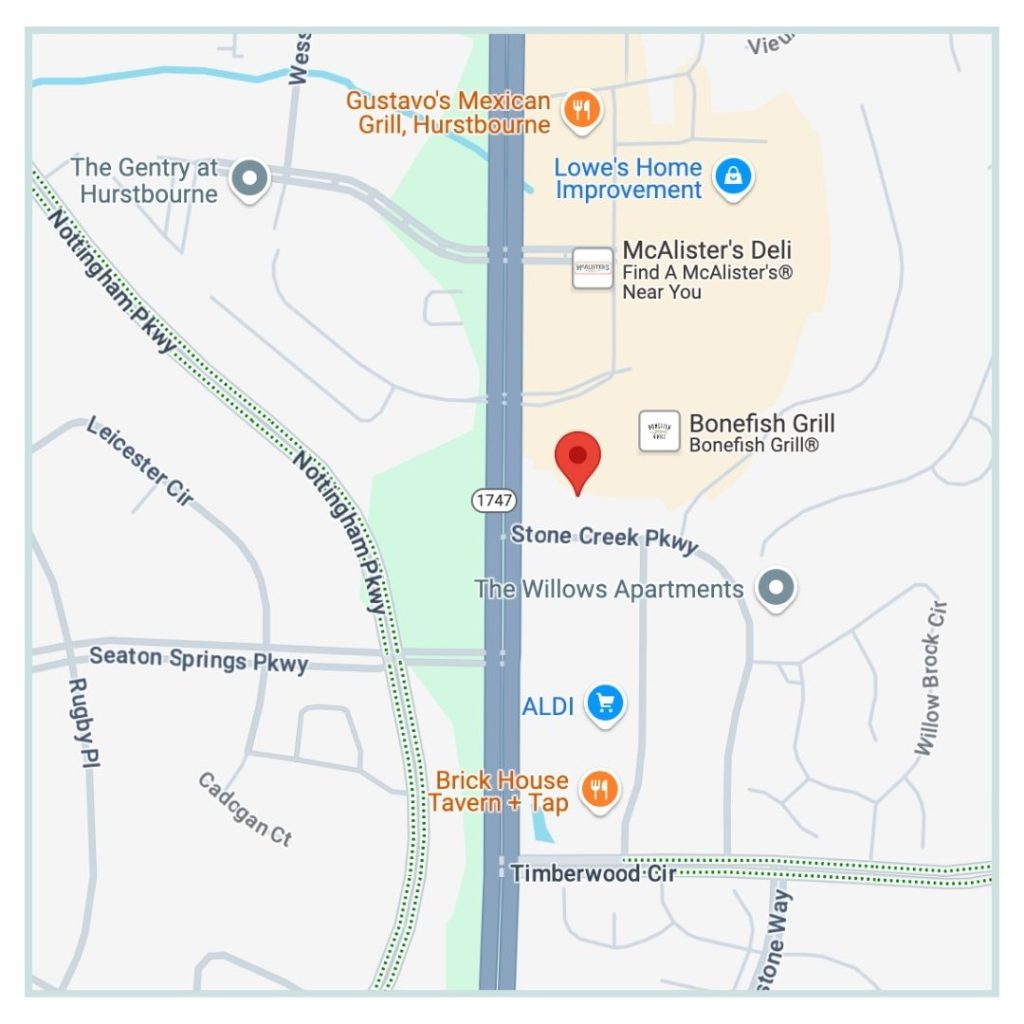Caring for elderly loved ones often involves more than just occasional check-ins and phone calls. Their ability to manage daily tasks and maintain a safe living environment can gradually diminish as they age. This decline can sometimes be so subtle that it goes unnoticed until it becomes a serious concern. To ensure the well-being and safety of your elderly relatives or friends, being vigilant and proactive is essential. In this blog post, we will explore seven critical warning signs to look for during your visits, specifically during your holiday gatherings, and offer practical advice on how to address these concerns effectively.
Changes in Appearance and Hygiene
First and foremost, pay attention to their appearance. Are they as tidy as they used to be? Check if their clothes are clean and if they’re wearing something different each time you visit. Poor hygiene can be a sign of declining physical ability or cognitive impairment. Also, please take note of their hair and overall cleanliness, as these are often early indicators of their ability to manage personal care.
Physical Stability and Mobility
Observe their physical movement. Do they seem steady on their feet, or do you notice any stumbling or leaning to one side? A reluctance to pick up feet and a tendency to shuffle can indicate balance issues or weakness. These signs can increase the risk of falls, one of the most severe dangers for older adults at home.
Home Safety Assessment
The safety of their living space is crucial. Look around the house for hazards such as cluttered floors or obstructed walkways, which could lead to falls. Ensure that their home is adapted to their current needs. Please pay special attention to the bathroom, as it is often the site of accidents. Check for raised toilet seats, grab bars near the toilet and in the shower, and whether they have a hose attachment to aid in bathing.
Nutritional Health Check
Adequate nutrition is essential for older people. Examine their refrigerator and pantry to ensure they can access nutritious food, not just snacks or treats. Ask about their usual meals and observe them preparing a meal to assess their ability to cook safely.
Inquiring About Daily Meals
Their daily meal routine offers insight into their nutritional habits and memory. Ask them what they typically eat for breakfast and other meals. This conversation can help you gauge their memory recall and understanding of nutrition.
Vehicle Condition and Driving Skills
If your loved one is still driving, check the condition of their vehicle for any new damage or dents, which can indicate declining driving skills. For a more thorough assessment, consider asking them to drive you somewhere. Riding with your loved one lets you observe their driving abilities, reaction time, and awareness of traffic rules.
Organizing Well Visits
If you cannot visit in person, arrange for someone to conduct a well visit. A friend, neighbor, or care agency can use this list to check on your loved one. These visits can provide valuable insights into their daily lives and highlight potential issues.
Taking Further Action
Don’t hesitate to take action if you notice any concerning signs during your visit. A call to a senior case manager or elder care coordinator can be an invaluable step. These professionals can recommend safety measures and refer you to additional support services to help your loved one maintain their independence at home.
Conclusion
Regularly checking in on elderly loved ones is more than just a social visit; it’s a critical opportunity to assess their well-being and safety. Being observant and proactive can help them live their later years with dignity and security. Remember, early detection of potential issues can significantly improve their quality of life and peace of mind.








